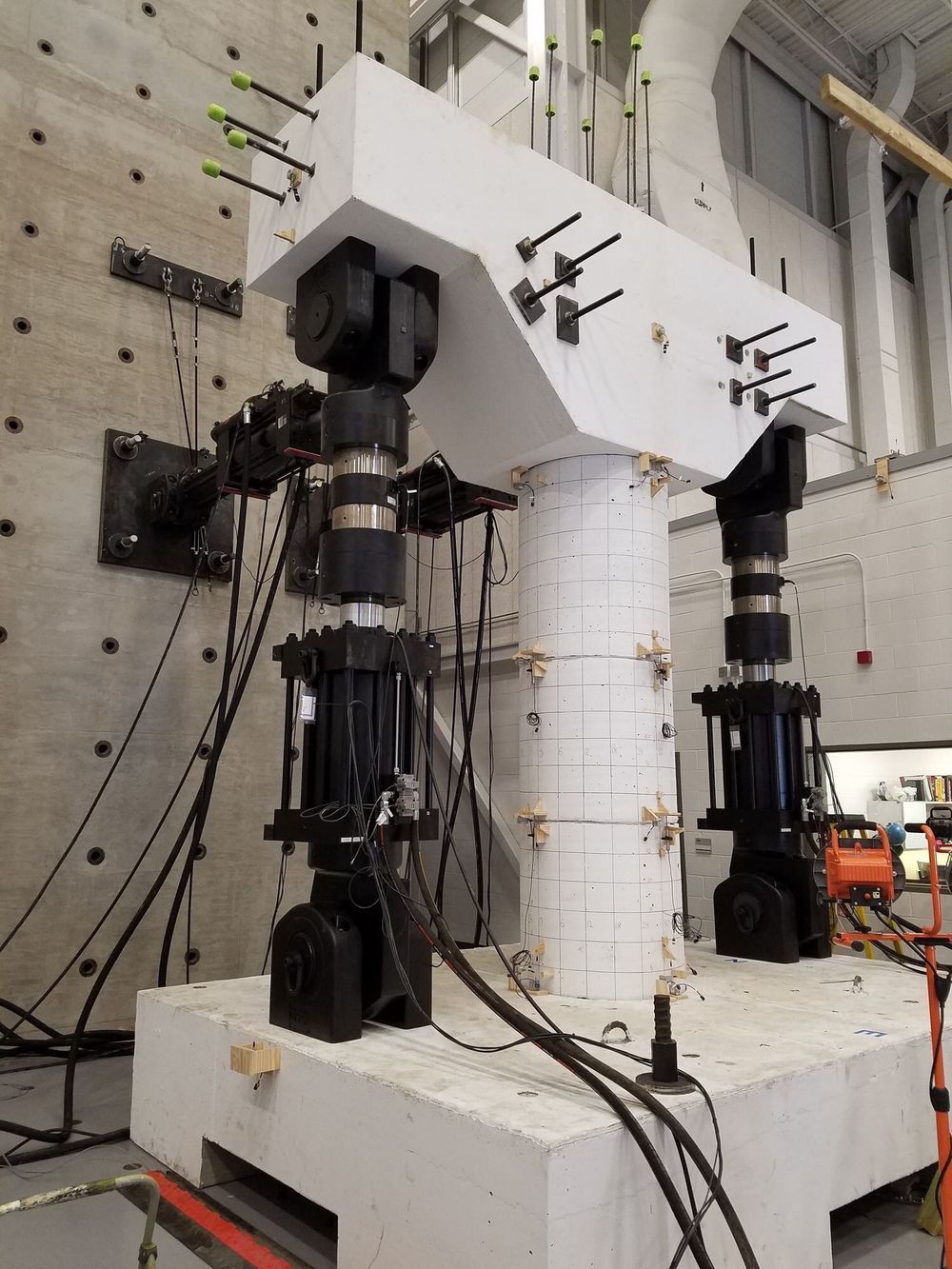Structural damage to any of the nation’s ailing bridges can come with a hefty price of billions of dollars in repairs. New bridge designs promise more damage-resistant structures and, consequently, lower restoration costs. But if these designs haven’t been implemented in the real world, predicting how they can be damaged and what repair strategies should be implemented remain unresolved.
In a study published in the journal Structure and Infrastructure Engineering, Texas A&M University and the University of Colorado Boulder researchers have conducted a comprehensive damage and repair assessment of a still-to-be-implemented bridge design using a panel of experts from academia and industry. The researchers said the expert feedback method offers a unique and robust technique for evaluating the feasibility of bridge designs that are still at an early research and development phase.
“Bridges, particularly those in high-seismic regions, are vulnerable to damage and will need repairs at some point. But now the question is what kind of repairs should be used for different types and levels of damage, what will be the cost of these repairs and how long will the repairs take—these are all unknowns for new bridge designs,” said Dr. Petros Sideris, assistant professor in the Zachry Department of Civil and Environmental Engineering. “We have answered these questions for a novel bridge design using an approach that is seldomly used in structural engineering.”
